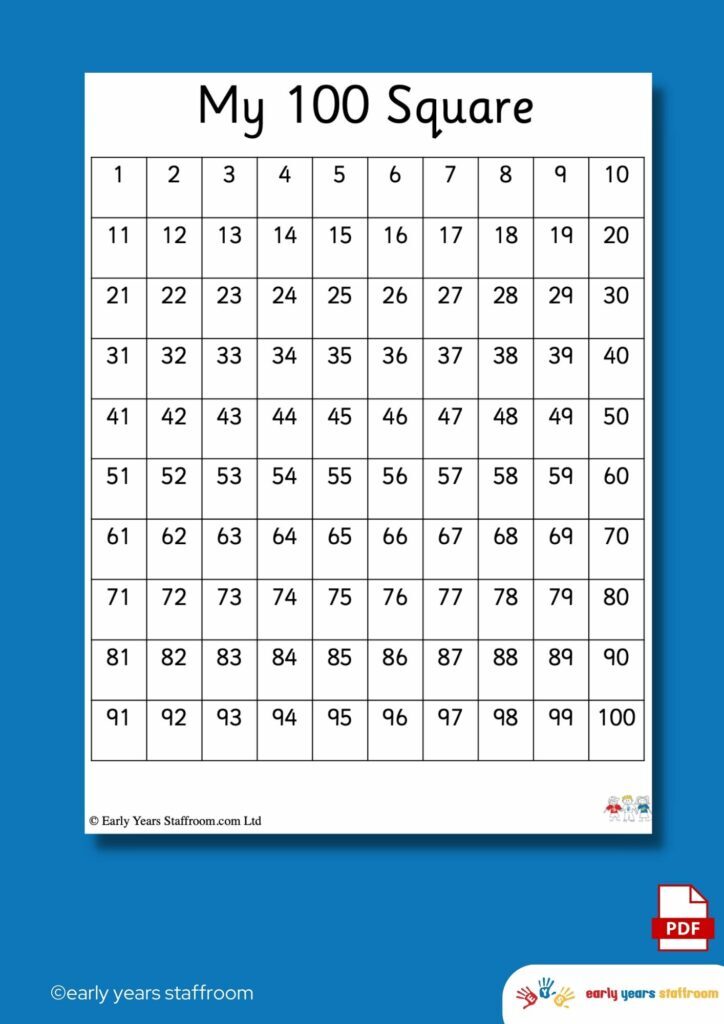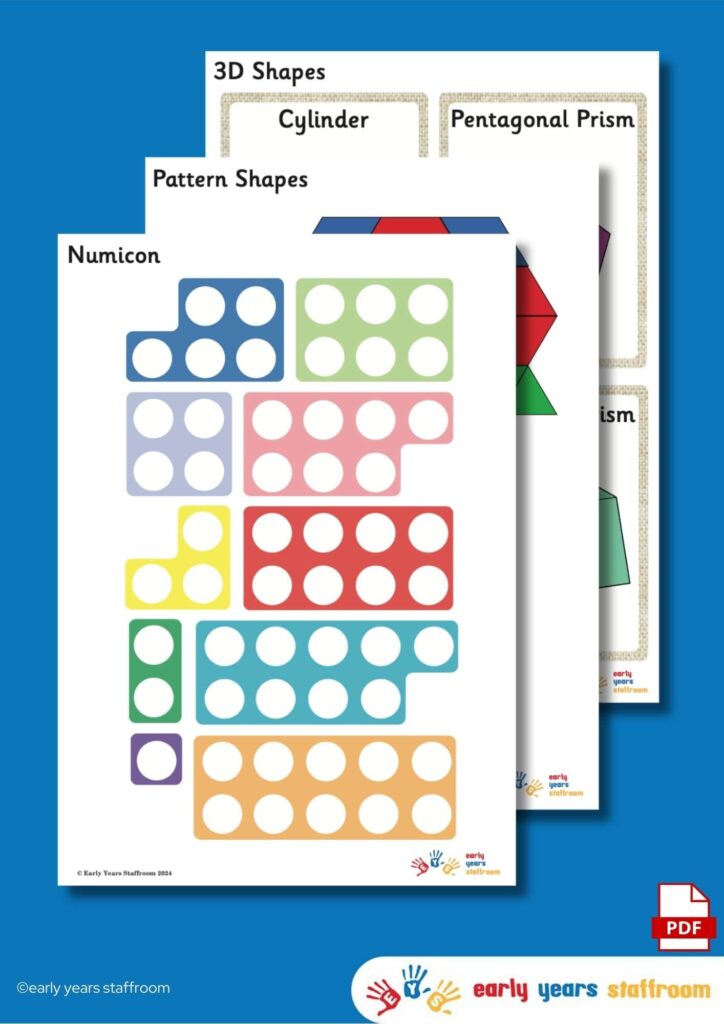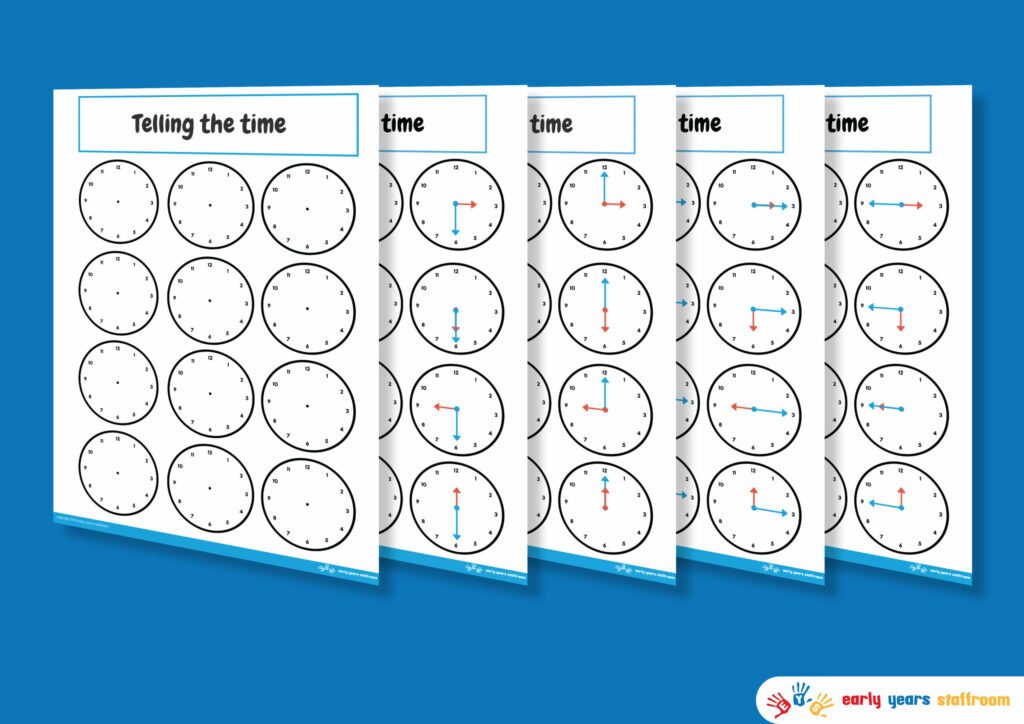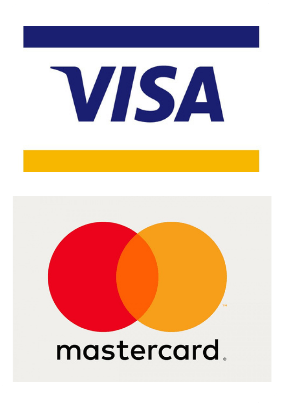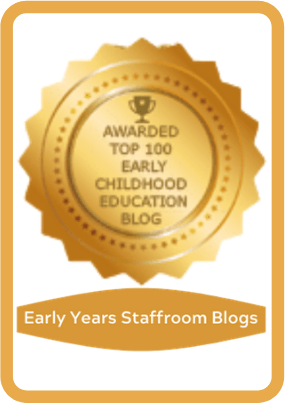Measurement and Capacity Posters
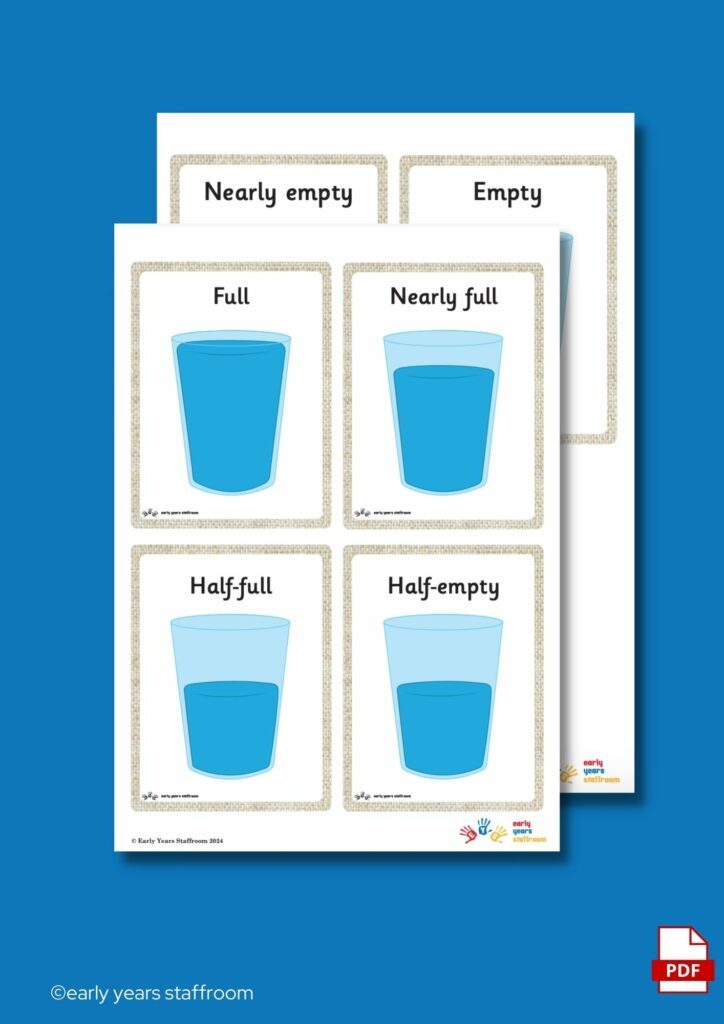
Measurement and Capacity Posters which can be used in the water tray.
Teaching children about capacity in the early years is fundamental for several reasons, all contributing to their overall cognitive, mathematical, and physical development. Here are some key reasons why capacity is an essential concept taught at a young age:
Foundational Mathematical Skills: Understanding capacity helps children grasp basic mathematical concepts such as measurement, comparison (more than, less than, equal to), and volume. It lays the groundwork for more complex mathematical thinking and problem-solving skills they will encounter as they grow.
Real-life Applications: Learning about capacity equips children with the knowledge to deal with real-life situations that involve measuring and comparing volumes, such as pouring liquids, understanding quantities in cooking, and estimating space in containers. This knowledge is practical and applicable in everyday activities, making learning meaningful and relevant.
Cognitive Development: Exploring capacity involves observation, experimentation, prediction, and problem-solving. These activities enhance cognitive development by encouraging critical thinking, reasoning, and analytical skills. Children learn to make connections between their observations and the concepts they are learning.
Language and Vocabulary Building: Teaching capacity introduces children to new vocabulary and concepts related to measurement (litres, millilitres, full, empty, half, quarter, etc.). This enhances their language skills and ability to express quantitative concepts accurately.
Sensory and Motor Skills Development: Activities designed to teach capacity often involve hands-on, sensory-rich experiences, such as playing with water or sand. These activities help develop fine motor skills as children pour, scoop, and measure, as well as sensory awareness through the tactile experiences of different materials.
Scientific Thinking: Learning about capacity can spark an interest in science and the natural world. It introduces basic scientific principles, such as gravity and density, in a tangible and accessible way, fostering curiosity and a love for learning.
Confidence and Independence: As children master concepts related to capacity, they gain confidence in their abilities to understand and interact with the world around them. This confidence can lead to greater independence in daily activities and a willingness to explore and learn new things.
Social Skills and Cooperation: Many capacity-related activities are collaborative and require children to work together, share resources, and communicate their ideas. This promotes social skills, teamwork, and an understanding of sharing and cooperation.
In summary, teaching children about capacity in the early years is a multifaceted approach to education that supports their development across several domains. It not only prepares them for academic success but also equips them with practical skills and knowledge that they will use throughout their lives.
Not quite what you were looking for? Search by keyword to find the right resource, or please email us to request a resource at admin@earlyyearsstaffroom.com.

